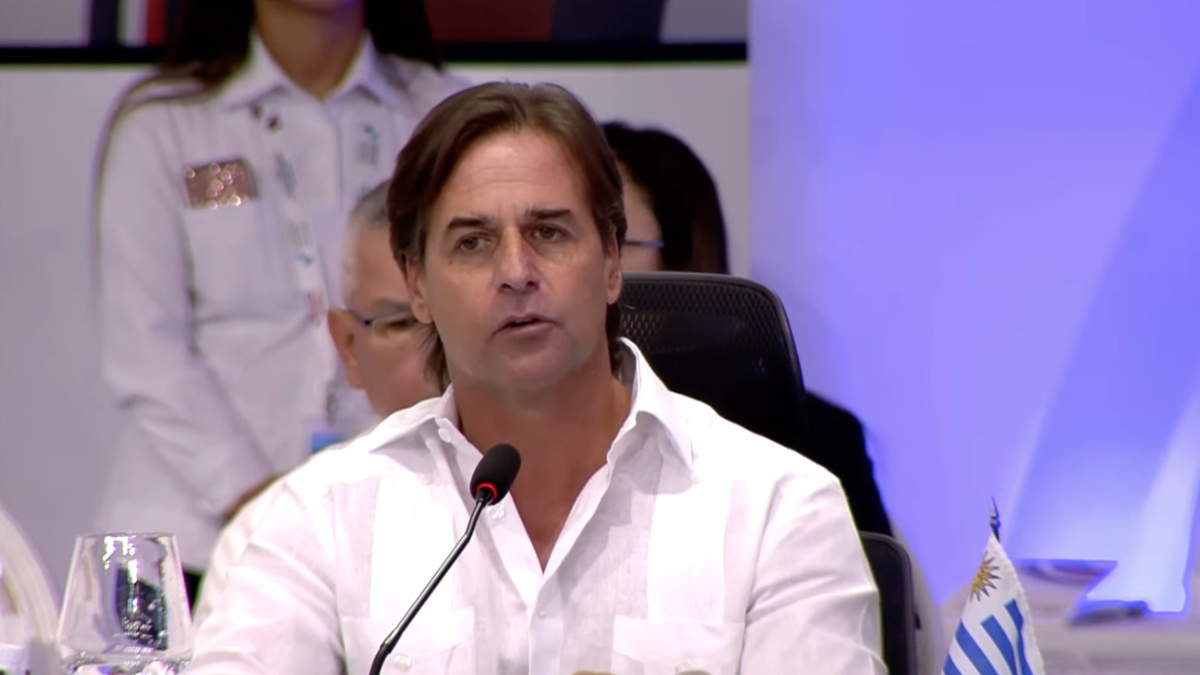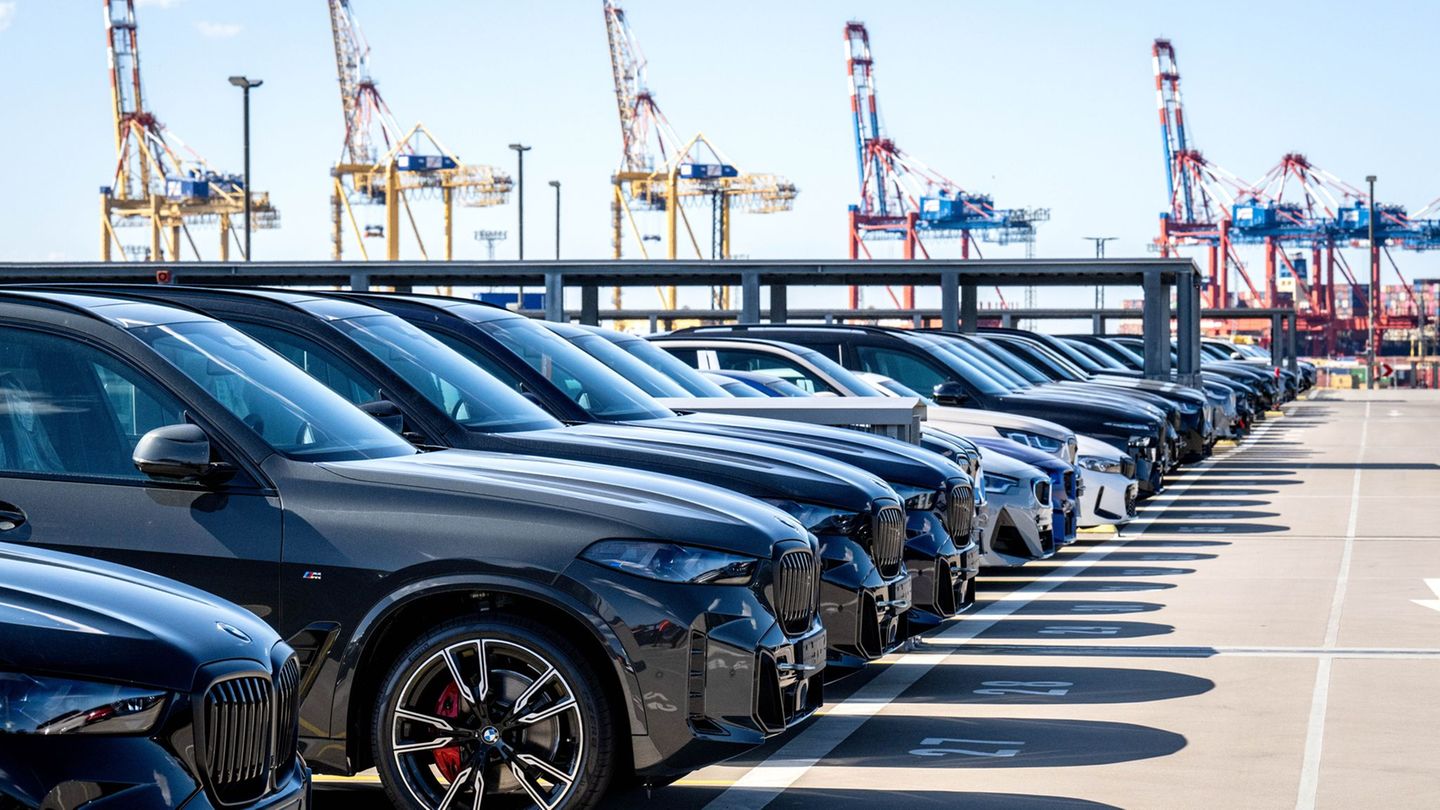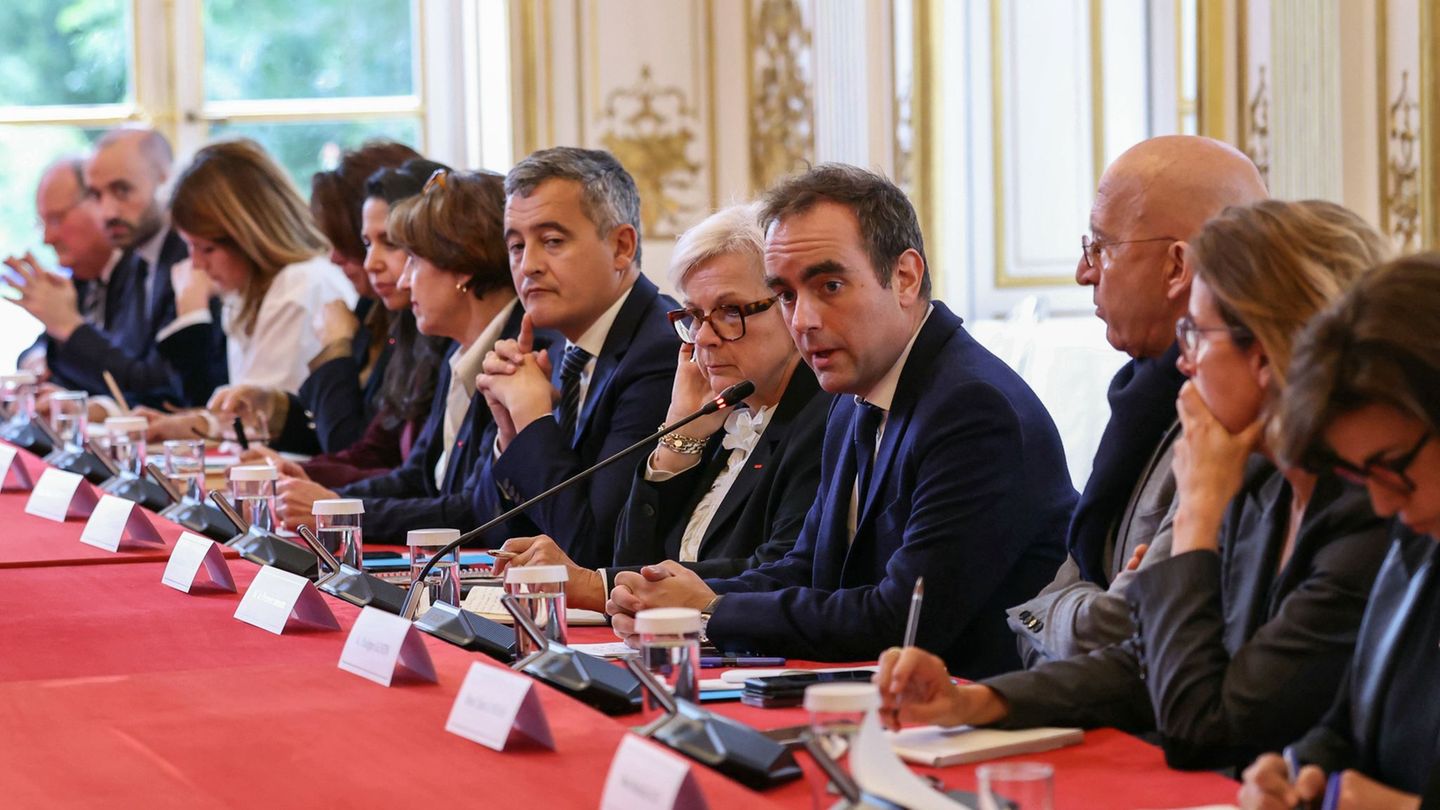The president stressed that the failures along the way to the agreement are frustrating for the partners who were optimistic at the beginning.
Within the framework of the XXVIII Ibero-American Summit of Heads of State and GovernmentPresident Luis Lacalle Pou admitted that the failures on the way to an agreement between the mercosur and the European Union are frustrating and invited the participating countries to accept their weaknesses and strengths.
The content you want to access is exclusive to subscribers.
During his speech, President Lacalle Pou, in addition to talking about the opportunities of green hydrogen, democracies and justice and the need for each country to see what its weaknesses, winked at the agreement between Mercosur and the European Union that has been suspended due to concerns about the sustainability commitment of Mercosur.


The Uruguayan president highlighted the importance of the summit because it gives them the opportunity to speak with their closest European partners such as Spain and Portugal and remarked that it is good “to claim and insist on some agreements of some regional blocs, as in the case of Mercosur, with Europe.” In addition, he stressed the need to “make it known that the failures or frustrations of constituting these alliances end up frustrating the partners who were so optimistic at the beginning.”
The agreement between the EU and Mercosur concluded its negotiations in 2019 but has been on hold due to concerns, especially from France, about deforestation in the Amazon and the degree of commitment of Brazil to act against climate change. In this sense, Lacalle Pou alluded to the term sustainability in his speech, stating that he sees himself as very optimistic. “For the first time in a long time, in most international forums, I see that the environmental goes hand in hand with the economic. There is a historic divorce between caring for the environment and the economy,” the president remarked.
The event, which takes place in Santo Domingo Dominican Republichas the presence of 22 Ibero-American leaders and focuses on environmental issues, food security, digital transformation and access to international financing, in a post-pandemic context.
Source: Ambito




